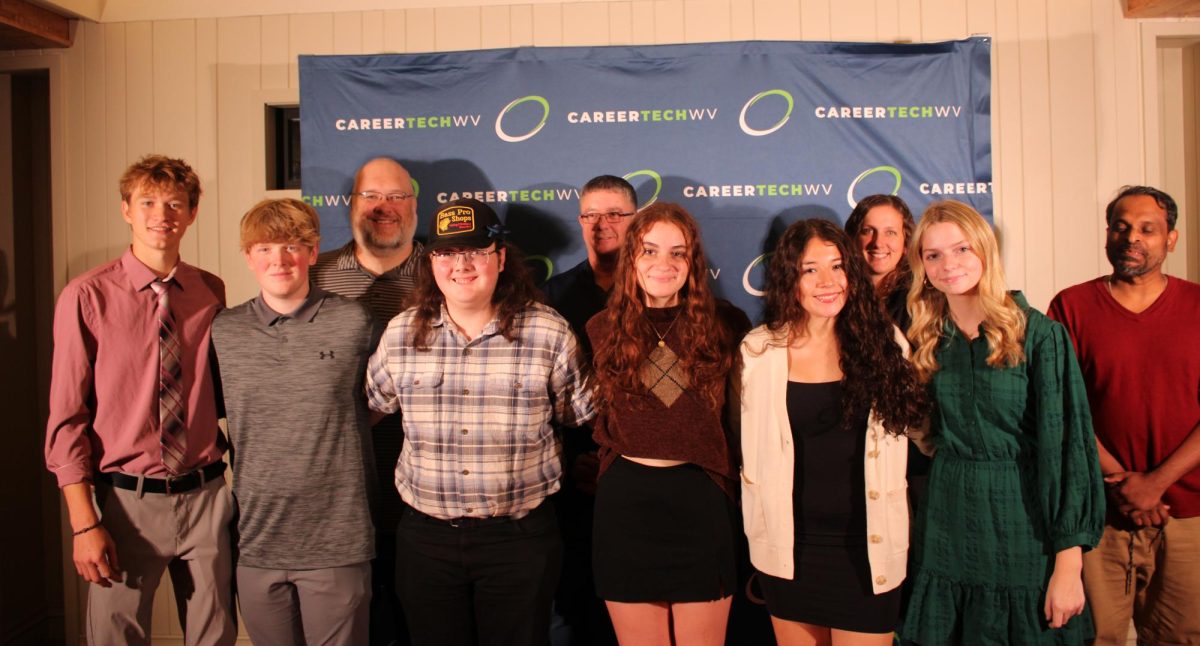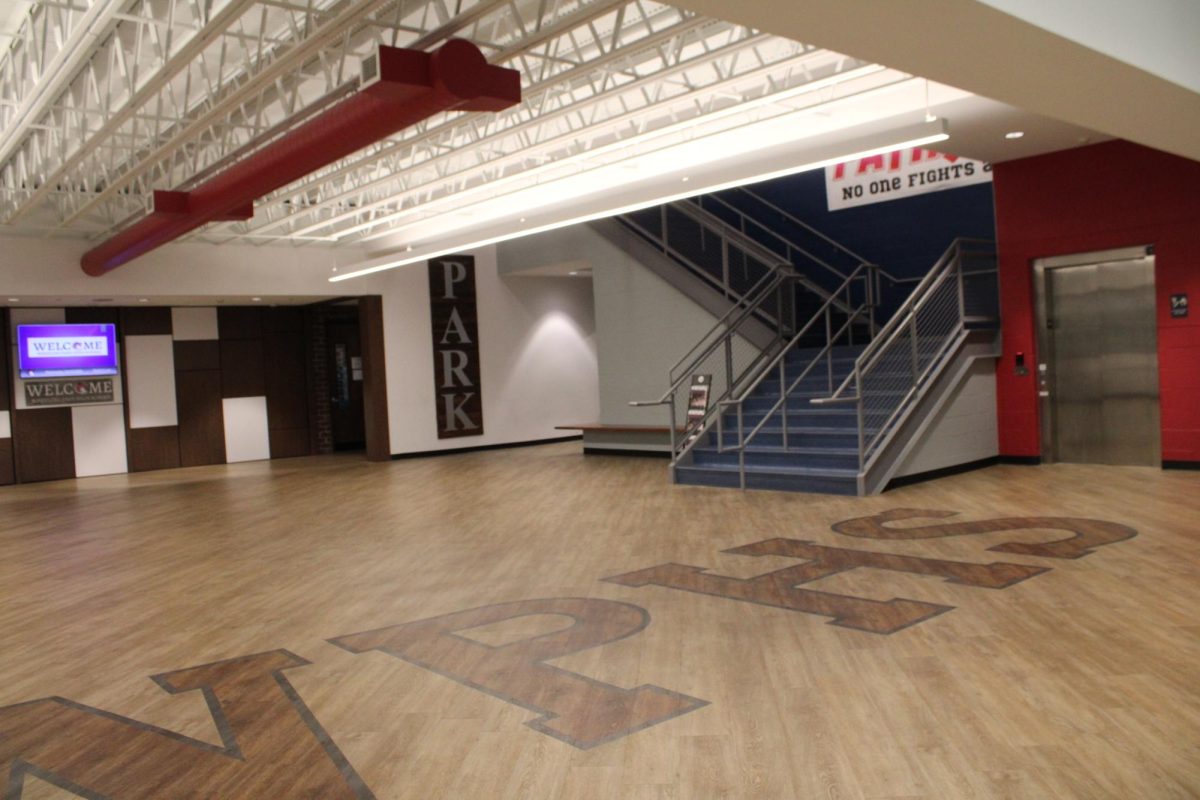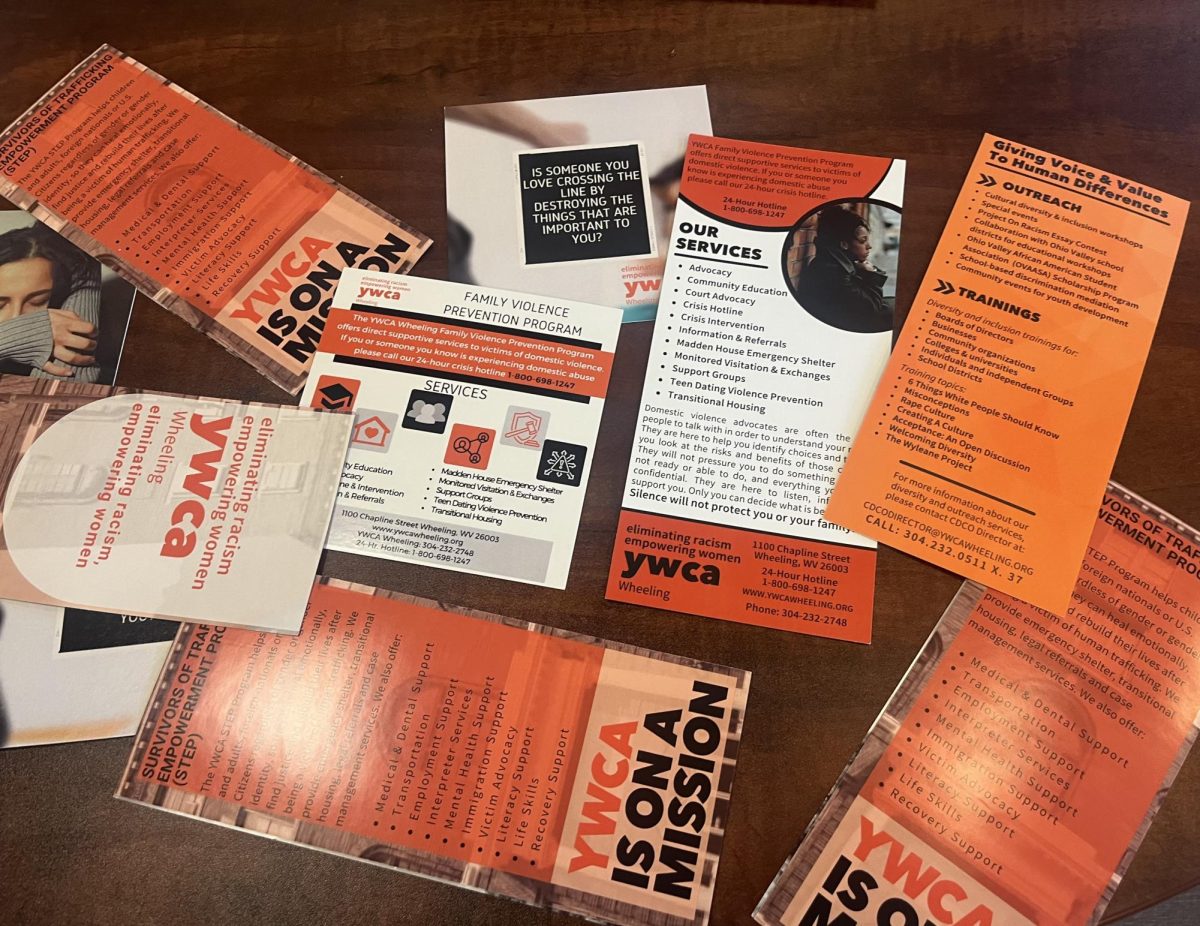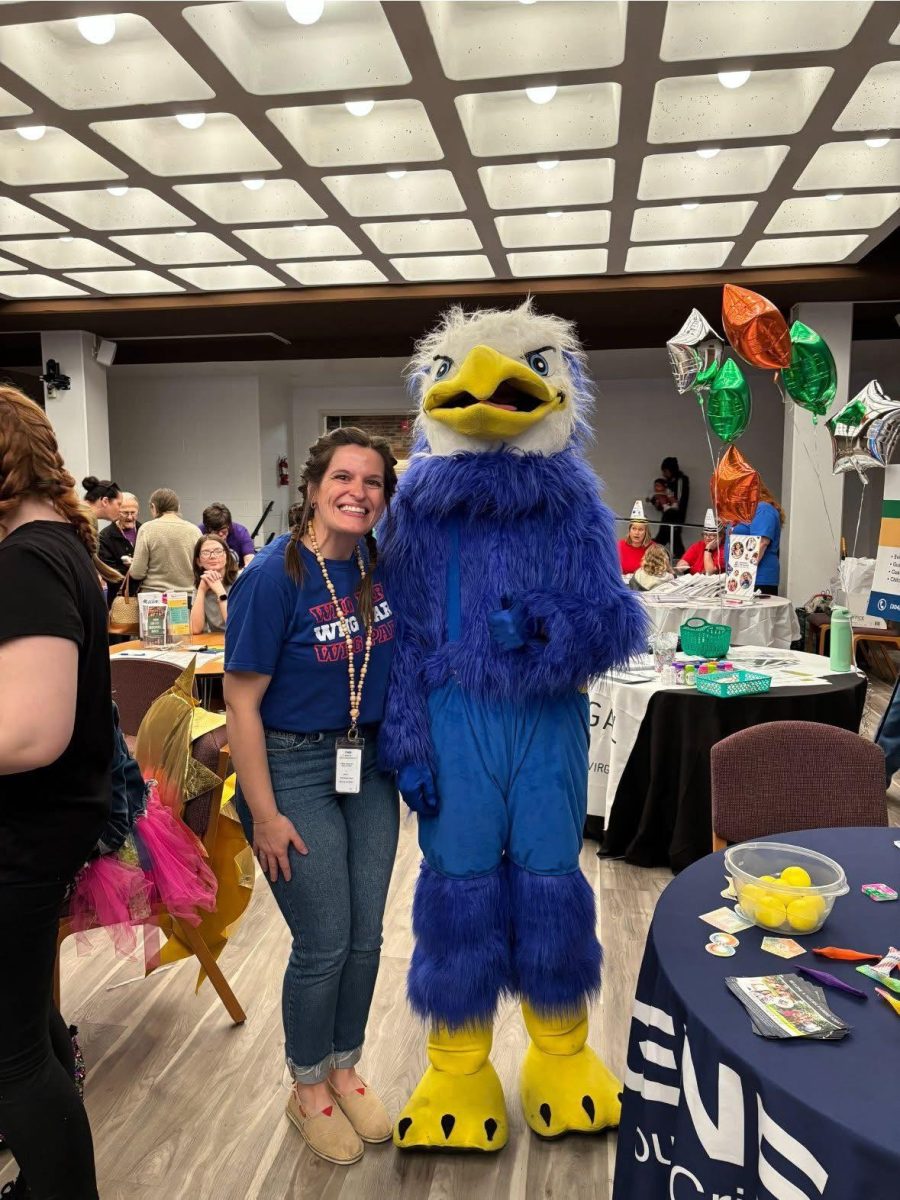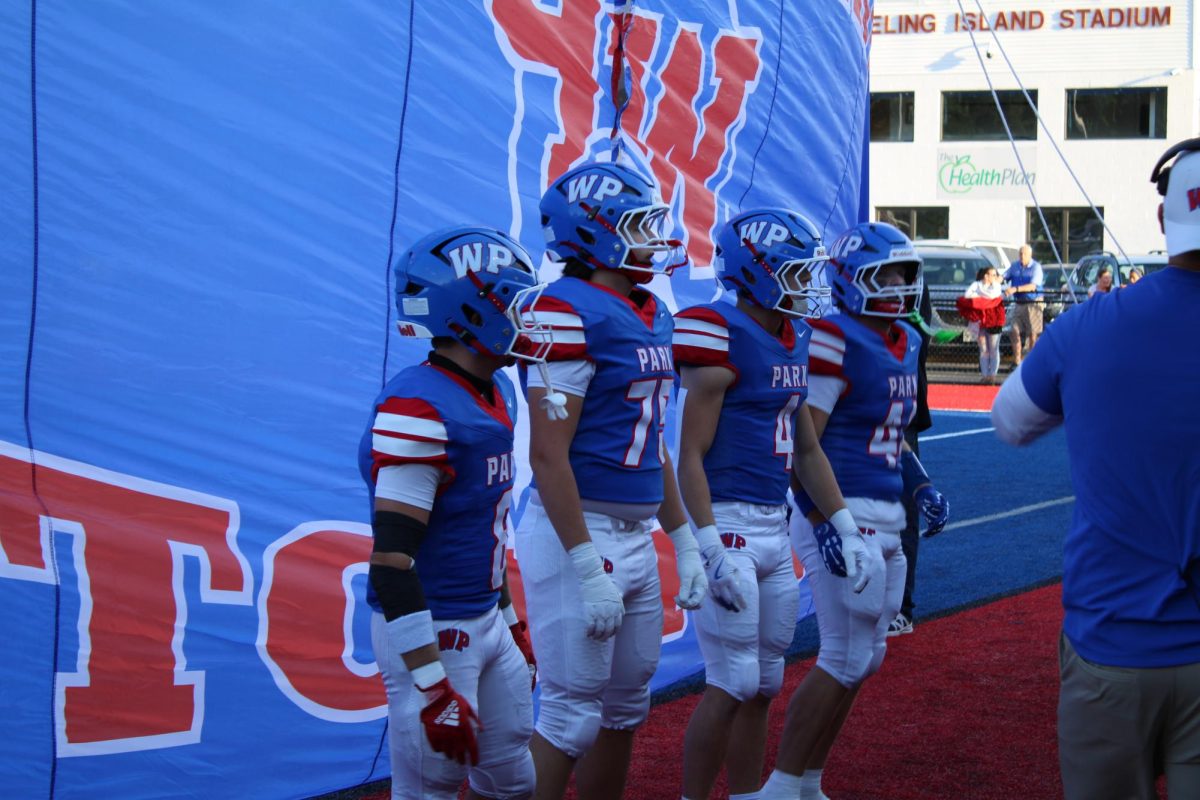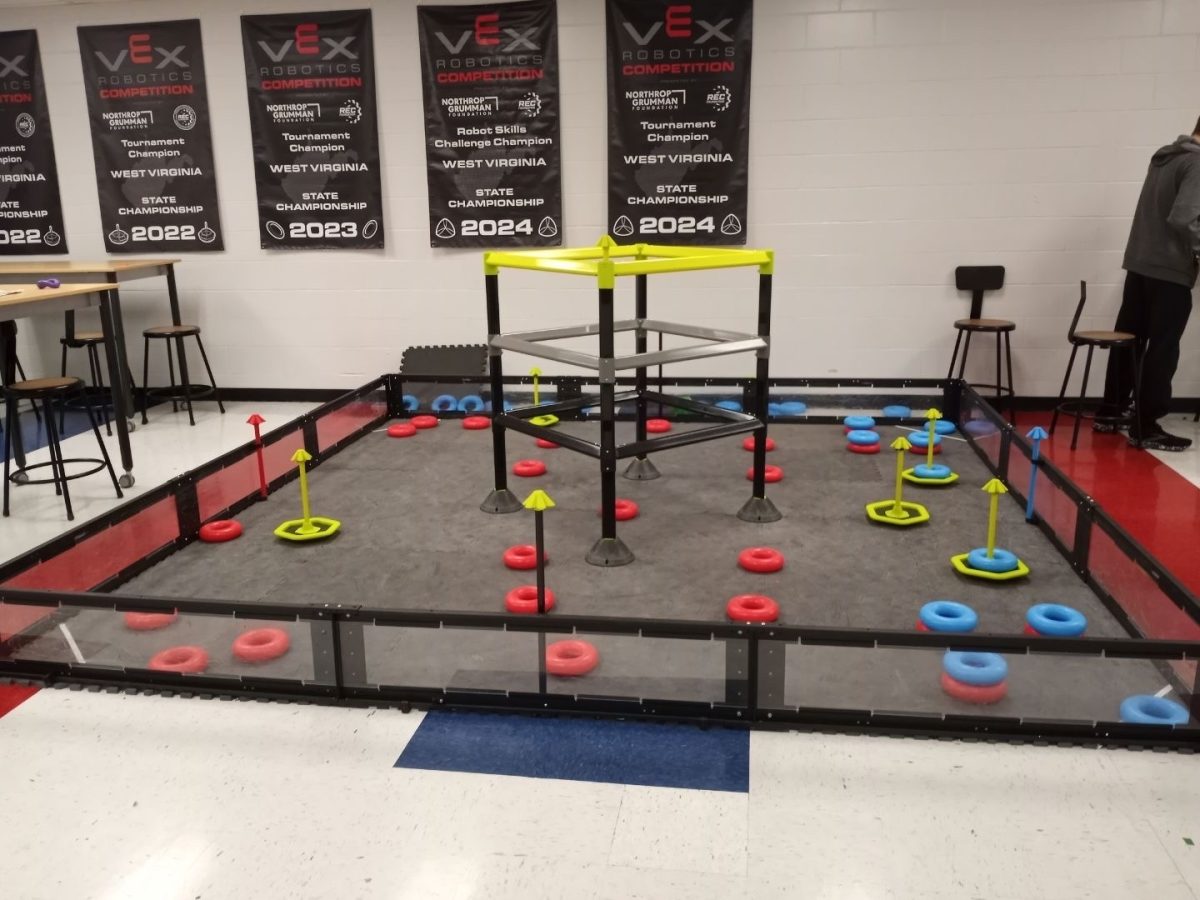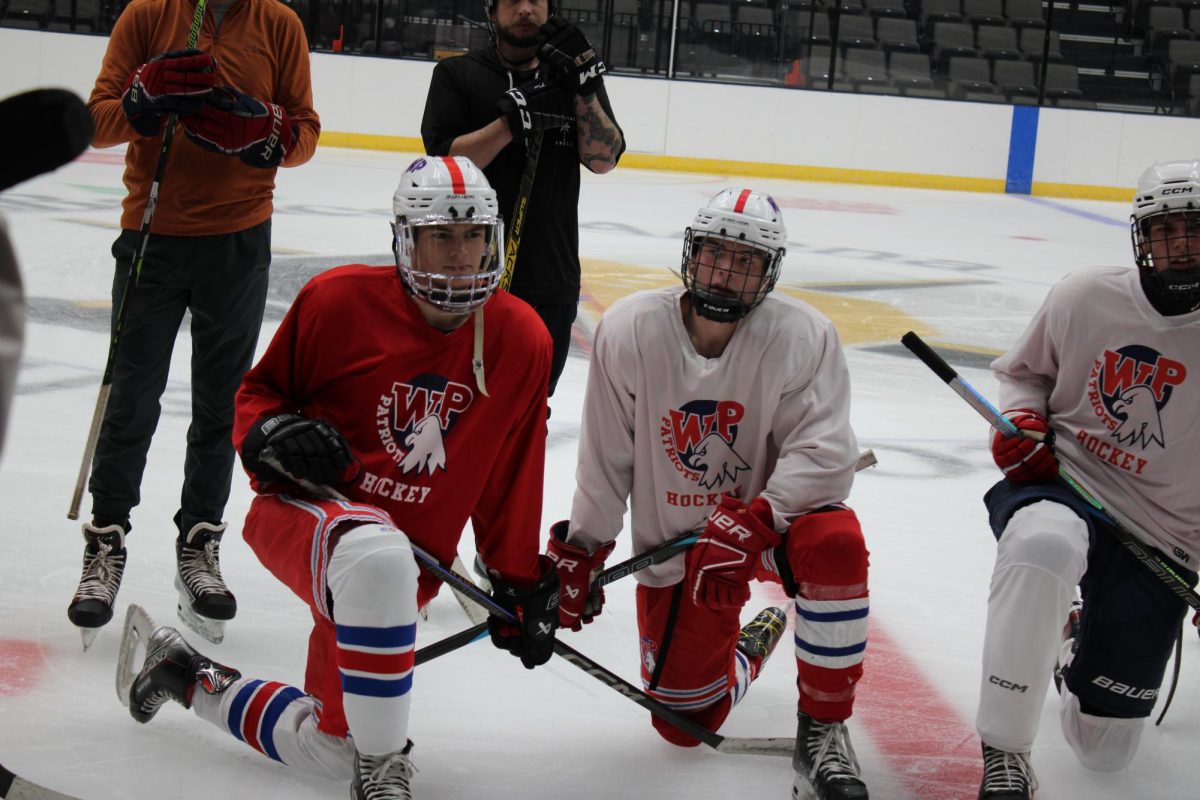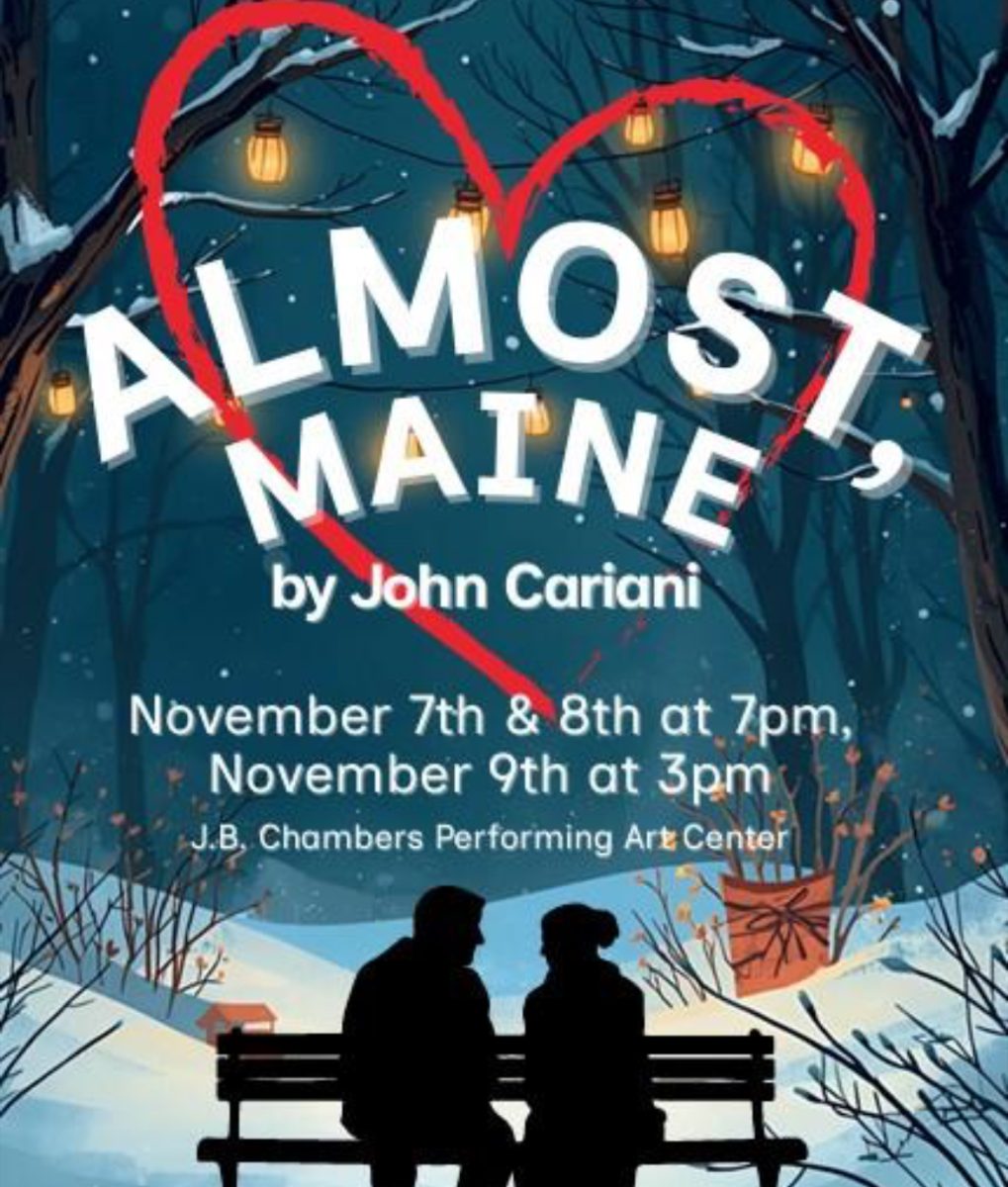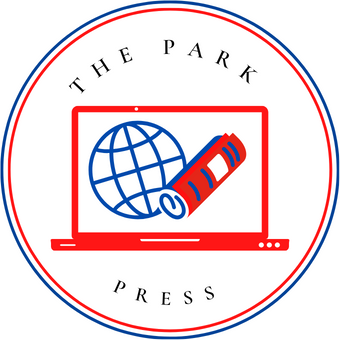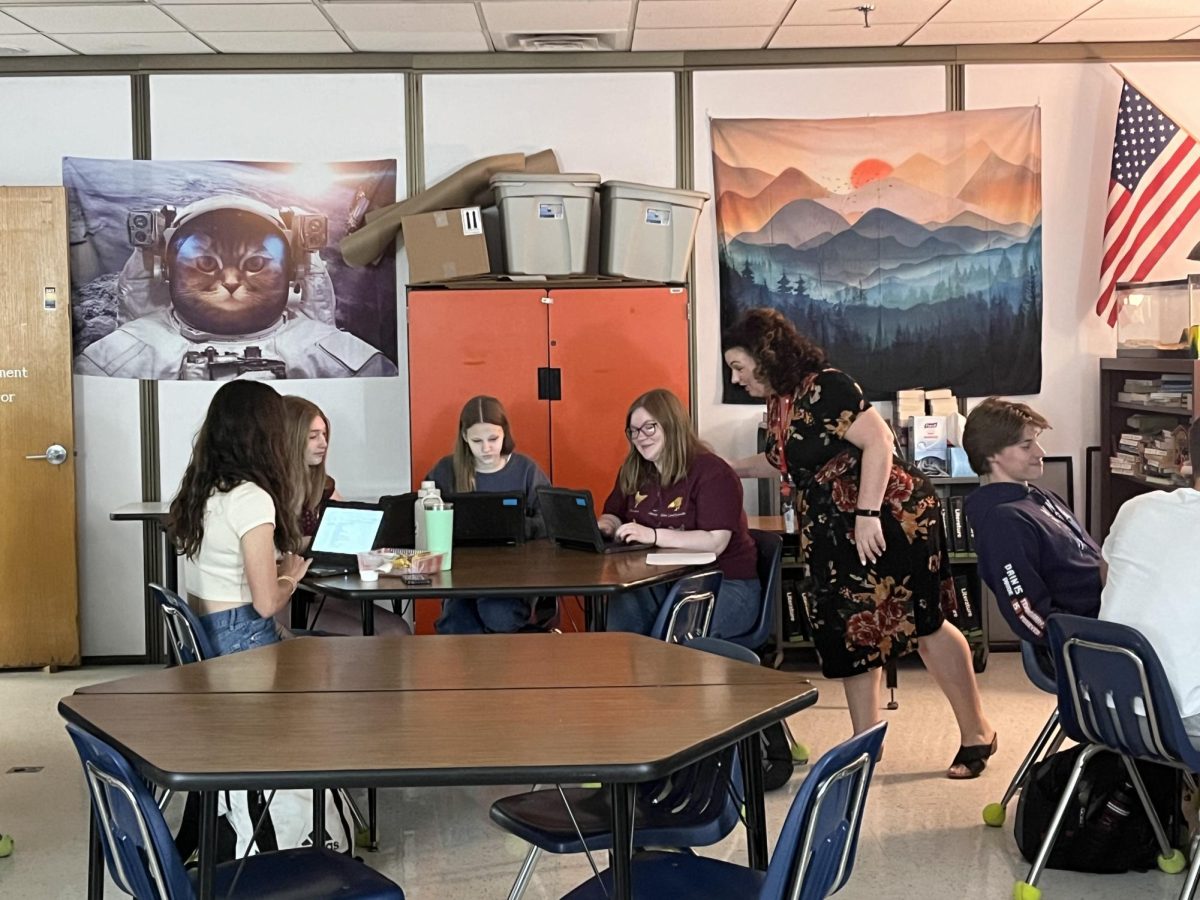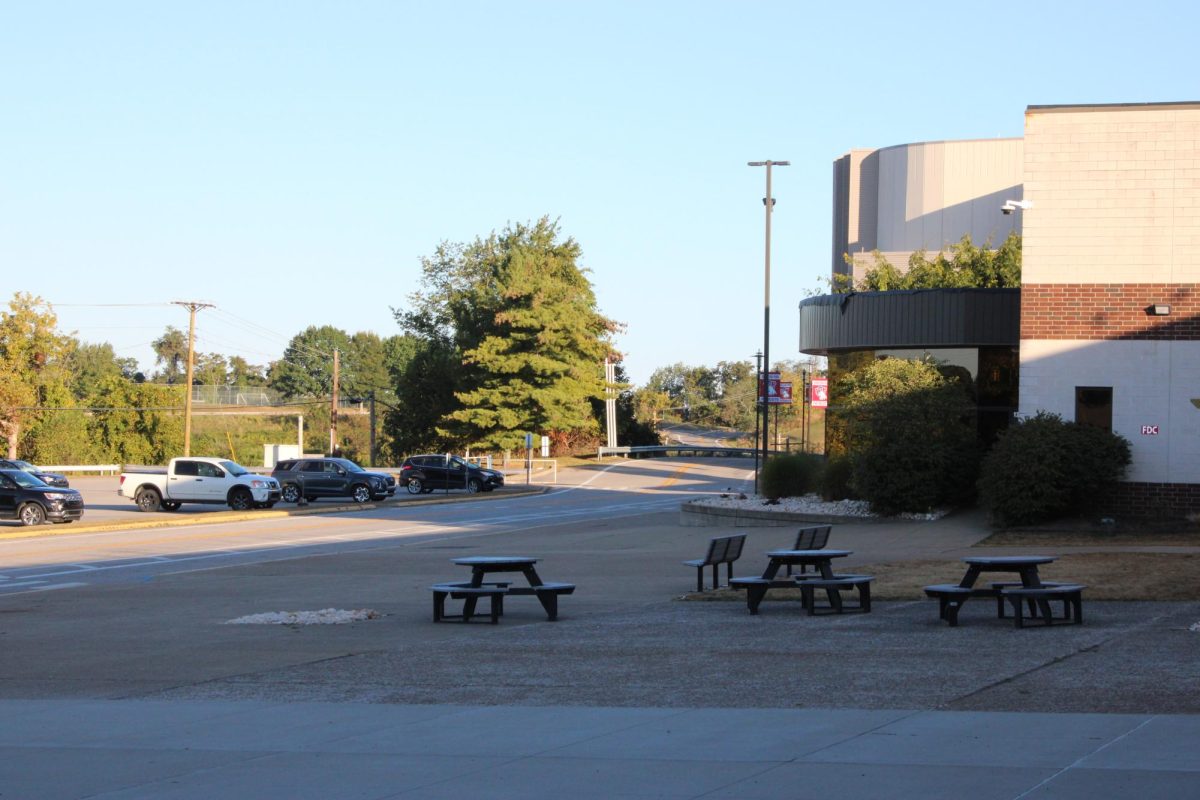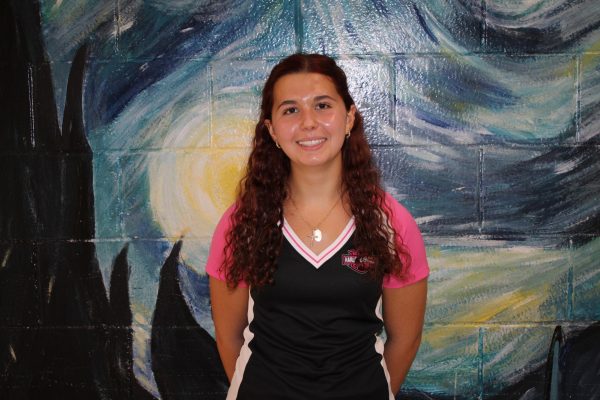Now that it is May, many students are moving towards the Advanced Placement exams. Every year, students in Advanced Placement classes decide if they want to take the AP exam. It covers the content learned in class from August to May. The exam is later graded on a one through five scale, in which one is the lowest score while five is the highest. The higher scores can be accepted into certain colleges and universities.
There are many reasons why AP classes are useful.
Mrs. Wheeler teaches AP Stats.
“AP Stats is so applicable everywhere now, especially in social media with it just being such a big thing in our society,” said Mrs. Wheeler. “Being able to look at data and interpret it accurately because a lot of times I feel like it can be constructed. Most college majors are going to require statistics at this point and data analysis is a huge part in a lot of careers.”
Ms. Zumbrunnen teaches AP Literature 12 and AP Capstone.
“AP classes teach you how to think critically beyond the text and that is what you will be doing in college,” said Ms. Zumbrunnen. “It is one of the wonderful things kids can learn here.”
Studying for an exam this big can be difficult.
Mr. Cirilli teaches AP World History and AP Psychology.
“The biggest struggle is how much material there is,” said Cirilli. “We cover what a college course would cover in a high school year and there is just a lot to review.”
“[the biggest struggle is] Cramming, really just waiting til the last week or two weeks to sit down and study,” said Mrs. Wheeler. “It’s too much information to do it.”
“I think what they are struggling with is that there are so many distractions in the world today,” said Ms. Zumbrunnen. “They have their phone or their tablet or their laptop right at their hands so there are other things they could be doing on these devices and as an adult even I do that so I know the kids do too.”
However, healthy study habits will allow any students to score well on this exam.
“If you have been taking notes that are organized throughout the year, it’s good to go back and look at major vocabulary terms and events and people,” said Mr. Cirilli. “Notecards are helpful to some people when it comes to vocabulary and there are study books you can get that have practices tests and smaller reviews of the information into more condensed sides format.”
“In my AP class, we start a cumulative review towards the end of February,” said Mrs. Wheeler. “By that time, we are into unit six and I have them start to look back at unit one or two. We purchase a review course online that has videos and different practice problems for them and skeleton notes for them to go through.”
“I would suggest to put that phone on the charger or on a nightstand and go to a complete other room and then act like you don’t have a phone or a tablet for an hour or two,” said Ms. Zumbrunnen.
Good luck to all our test takers in May!

